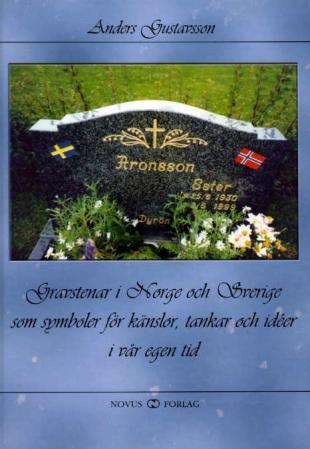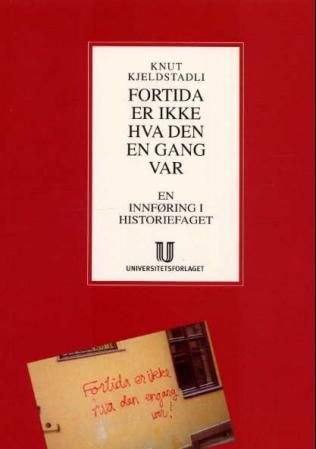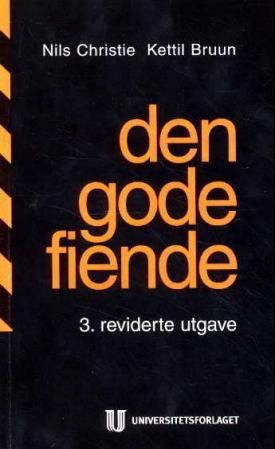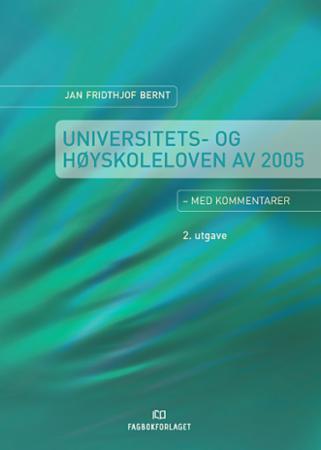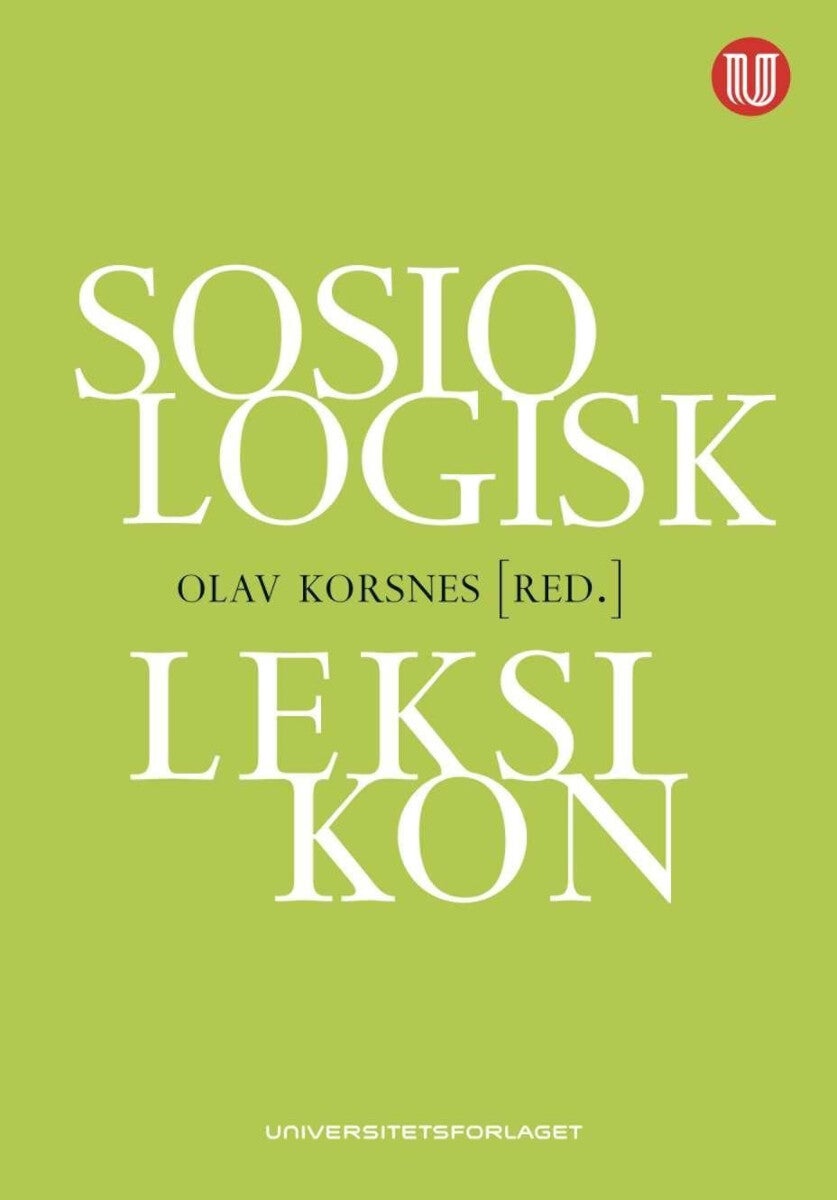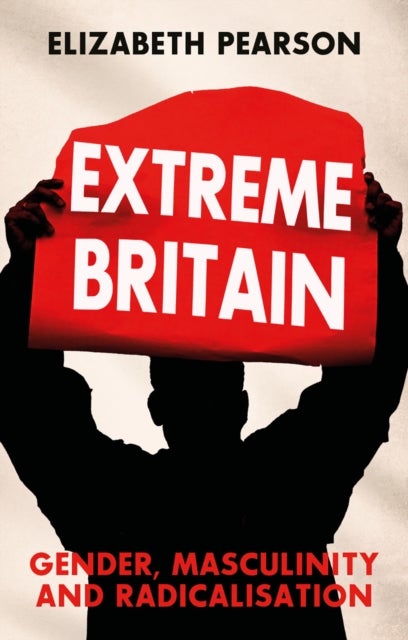
Extreme Britain av Elizabeth Pearson
589,-
Young women bound for Islamic State, or ''Free Speech'' protests for Tommy Robinson-- radicalisation spans ideologies. Though an often-used term, the process of radicalisation is not well understood, and the role of gender within it is often ignored. This book reveals the centrality of gender to radicalisation, using primary research among two of Britain''s key extremist movements: the banned Islamist group al-Muhajiroun, and those networked to it; and the anti-Islam radical right, including the English Defence League and Britain First. Through interviews with leaders including Anjem Choudary, Jayda Fransen and Tommy Robinson, as well as their followers, Elizabeth Pearson explores the making of extreme men and women, showing both parallels and distinctions between the two movements. She argues that perceived gendered differences and boundaries are central to radicalisation pathways, but rooted in local cultures and place; and challenges notions of radicalisation as transformative, high

